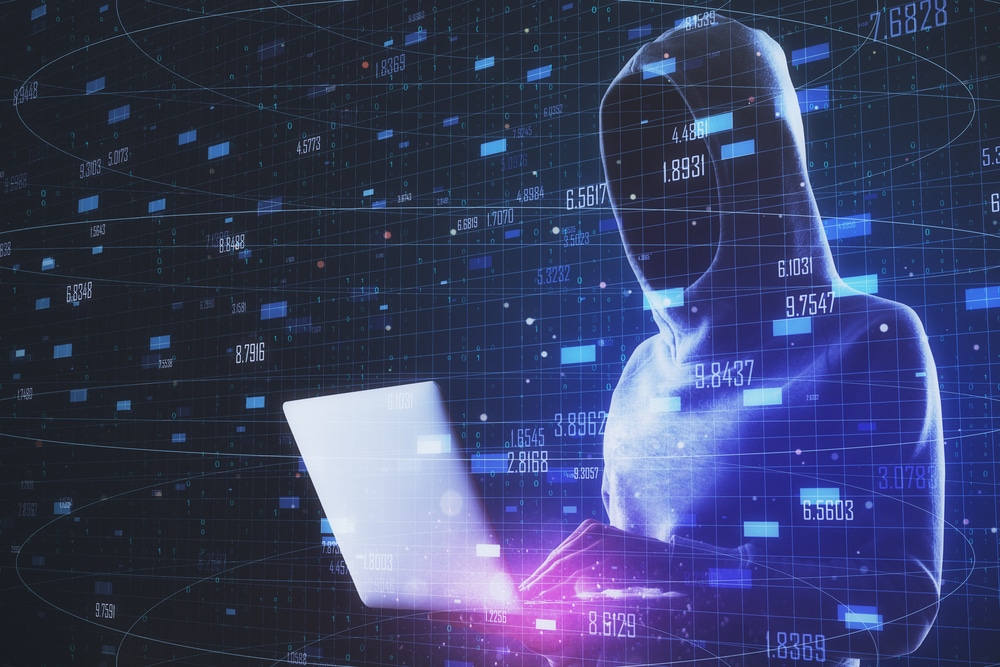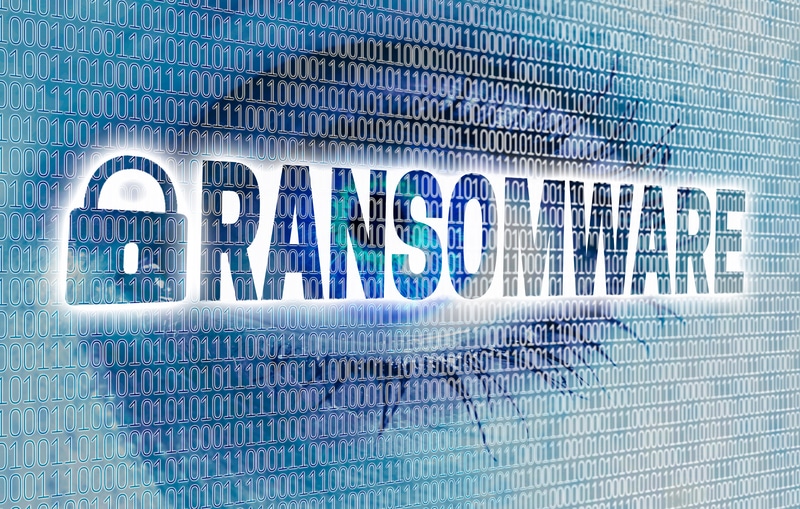
Business overconfident and underprepared for cyber threats
A new report from digital transformation consultancy Gemserv, based on a survey of CISOs at 200 large UK and EU enterprises, finds most believe boards are overconfident of their understanding of cybersecurity issues, and are failing to provide CISOs with the support they need to properly protect the organization.
According to the findings, 88 percent of CISOs think the threat landscape is becoming more complex, with 37 percent not confident they have the resources they need. 44 percent struggle to recruit and retain the skilled people they need, amid a 3.2m 'workforce gap' for IT talent.

AI outpaces ability to secure data
The rush to embrace AI, especially generative AI and large language models, has outpaced most organizations' ability to keep their data safe and effectively enforce security protocols according to a new report.
The study from Swimlane shows 74 percent of cybersecurity decision-makers are aware of sensitive data being input into public AI models despite 70 percent having established protocols in place.

Over 80 percent of hackers believe the AI threat landscape is moving too fast to secure
A new report from Bugcrowd finds 82 percent of ethical hackers and researchers on the platform believe that the AI threat landscape is evolving too fast to adequately secure.
Based on responses from 1,300 users of the platform, the report also finds that 71 percent say AI adds value to hacking, compared to only 21 percent in 2023. In addition, hackers are increasingly using generative AI solutions, with 77 percent now reporting the adoption of such tools -- a 13 percent increase from 2023.

Don't fancy making that presentation? Let your avatar do it
New research finds that 95 percent of workers would allow an AI avatar to perform tasks in a virtual meeting, such as making presentations, for them.
The study of 4,000 people worldwide from business travel management platform, TravelPerk shows employees prefer to assign admin-focused tasks in meetings to AI avatars, such as reminding them of deadlines (61 percent) or scheduling meetings (54 percent) which can then enable them to focus on more 'human' interactions.

Why safe use of GenAI requires a new approach to unstructured data management [Q&A]
Large language models generally train on unstructured data such as text and media. But most enterprise data security strategies are designed around structured data (data organized in traditional databases or formal schemas).
The use of unstructured data in GenAI introduces new challenges for governance, privacy and security that these traditional approaches aren't equipped to handle.

CISOs concerned about attackers using AI
Data from a recent survey conducted by RSA Conference shows that 72 percent of Fortune 1000 CISOs say they have already seen threat actors using generative AI against their organization.
AI-generated phishing emails are the top threat, with 70 percent of CISOs reporting that they've observed highly tailored phishing emails targeting their business Other top GenAI threats include vishing (37 percent), automated hacking (22 percent), deepfakes (21 percent) and misinformation (17 percent).

Dark web activity targets US election
A new report from Fortinet shows a range of activity around the upcoming US election including phishing scams aimed at voters and malicious domain registrations impersonating candidates.
Threat actors are selling affordable phishing kits on the dark net designed to target voters and donors by impersonating the presidential candidates and their campaigns.

A quarter of cybersecurity leaders are ready to quit
A new survey finds that 24 percent of CISOs or IT security decision makers (ITS DMs) are actively looking to leave their position.
The research, commissioned by BlackFog, finds that a further 54 percent, while not actively looking to quit, are open to new opportunities.

New expert community seeks to address identity vulnerabilities
Most cybersecurity incidents start with some sort of identity compromise, whether that identity is human or machine.
In order to help organizations gain visibility into their identity security posture Anetac is setting up a community to serve as a collaborative space where cybersecurity leaders, practitioners, and researchers can learn and engage with experts on identity vulnerabilities related to human and non-human identities.

Evaluating LLM safety, bias and accuracy [Q&A]
Large language models (LLMs) are making their way into more and more areas of our lives. But although they're improving all the time they're still far from perfect and can produce some unpredictable results.
We spoke to CEO of Patronus AI Anand Kannappan to discuss how businesses can adopt LLMs safely and avoid the pitfalls.

Public sector and infrastructure come under attack as malicious web requests rise
The number of malicious web requests rose by 53.2 percent in the first half of 2024, compared to the same period last year according to a new study.
The report from German cybersecurity company Myra finds that for the first quarter of 2024, the number of malicious requests on websites, online portals and web APIs increased by 29.8 percent compared to 2023. In the second quarter, the growth was even more pronounced at 80 percent.

Uncovering GenAI's unsung heroes [Q&A]
There's no doubt that AI is seen as flavor of the month across many sectors at the moment. But how much of this is hype and how much genuine value?
We spoke to Martin Hawksey, collaboration engineer at Qodea, to discuss GenAI and the areas where GenAI is making a real difference, some of which you may not be aware of.

Severity of ransomware attacks increases by 68 percent
A new report from insurance provider Coalition finds that that ransomware claims severity spiked by 68 percent in the first half of 2024 to an average loss of $353,000.
While high ransomware demands have come back into vogue, funds transfer fraud (FTF) has also seen a notable decrease in both frequency (two percent) and severity (15 percent).

Qualys launches cloud-based risk operations center
Organizations are facing an ever-growing volume of risk alerts spread across multiple, disconnected top-10 dashboards. This fragmented view can result in conflicting analyses, duplicate work, missed threats, and strategies that fail to fully protect the organization.
Cloud-based security firm Qualys is addressing this with the launch of a new Risk Operations Center (ROC) with Enterprise TruRisk Management (ETM) that enables CISOs and business leaders to manage cybersecurity risks in real time, transforming fragmented, siloed data into actionable insights that align cyber risk operations with business priorities.

Is the IT enterprise helpdesk an endangered species?
The IT helpdesk could be extinct by 2027 according to a new survey of 1,000 global IT workers which finds that 79 percent believe the current service desk model will be unrecognizable within three years, with 77 percent saying new technologies will render it 'redundant' by 2027.
The study by digital employee experience company Nexthink shows 87 percent of IT workers also report that, with digital transformation having greatly expanded the size and complexity of enterprise IT environments, incident response is 'economically unsustainable' unless helpdesks have significant proactive capabilities.

